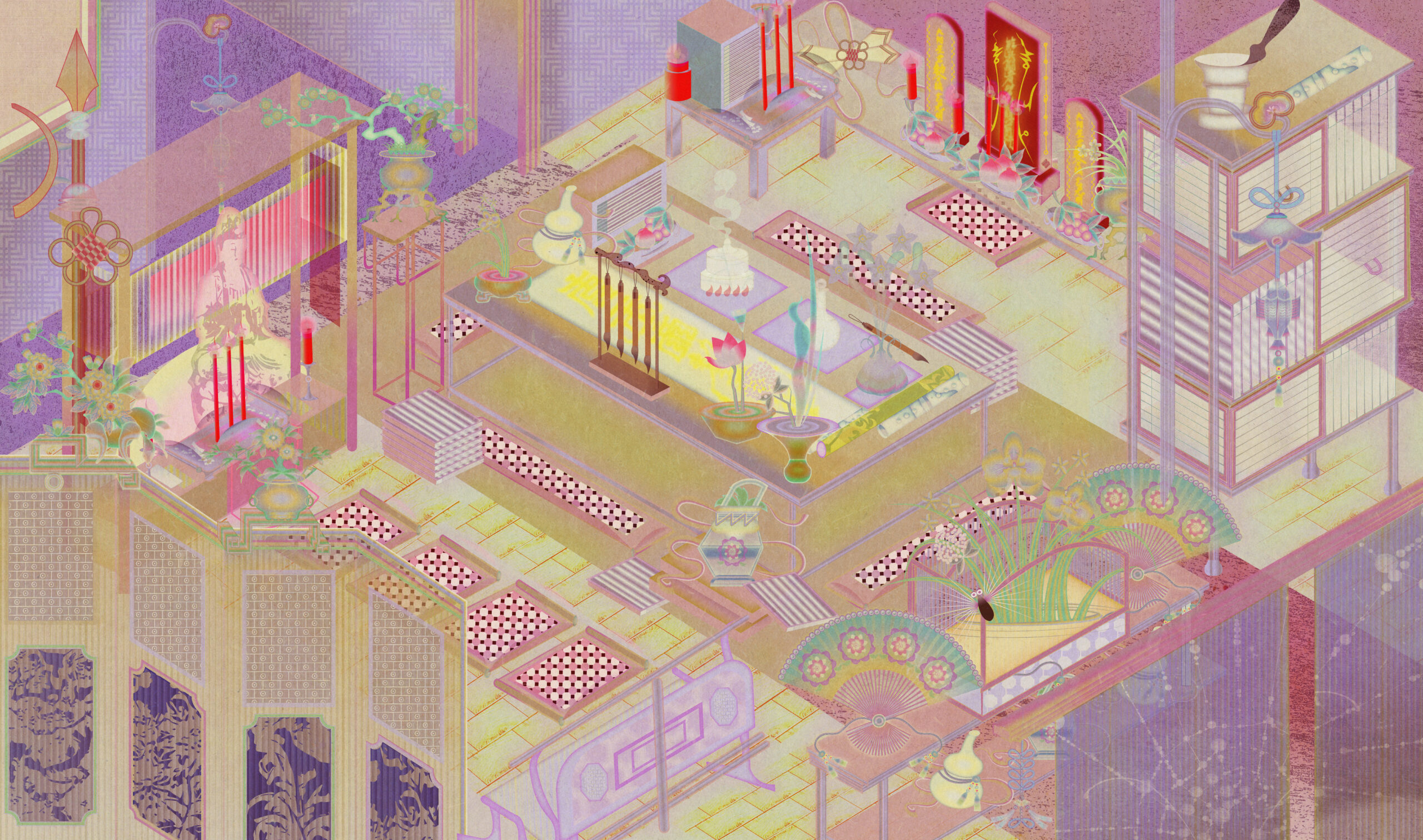EMI UEMURA: COUNTRY FAIR
| March 10, 2011 | Post In LEAP 7

Artists organizing events around the disparate interests of people outside the art world proper can lead to some fascinating convergences of concerns. (Of course, a deft hand is needed to satisfy the demands of such varied constituencies.) Emi Uemura’s “Country Fair,” initiated last year in Beijing with Vitamin Creative Space, is a successful example. A regular event bringing together farmers, community activists, and the public in a friendly, festive space, it shows what can grow from the sharing of information, experience and perhaps most importantly, food.
Emi Uemura’s work has always focused on the play of food production and distribution. Over the past year in Beijing she has worked on independent projects and collaborated with Vitamin Creative Space, organizing the self-explanatory Bento Delivery, Mobile Farm (growing plants in wheeled containers furtively occupying the Caochangdi site of Vitamin’s “the shop”), and Calendar Restaurant, which grew out of it, serving up food as and when it became available from the “farm.”
These works utilize aspects of farming and food production to make an impact on both our society and on our relationship with the world. Food is essential for survival and it is easy to forget the processes and people involved in getting it to our tables. “Country Fair” is an event that satisfies Uemura’s agenda as it provides space for the participants to work. In Uemura’s words, the project “produces a platform where I can explore the relations of individuals, different social groups, and networks with the intention of mixing them together.” The participant farmers work with Community Supported Agriculture (CSA), a contract between farmer and consumer where the consumer pays in advance for produce and the farmer commits to providing it at regular intervals. The project highlights the very real issues of sustainability, organics, environmental concerns and distribution methods.
“Country Fair” was held in November at Columbia University’s Studio-X large space in downtown Beijing’s Fangjia Hutong. With this central location, the project was able to engage the neighbors in the manner of other inner- Second-Ring art spaces (see LEAP 6). Farmers found themselves in direct contact with the city population. Stalls sold organic fruits, vegetables, and tea, promoting production and recycling through displays and demonstrations. Falafel and dumplings produced on-site used ingredients sourced from the participating farms. Organic waste was composted there and then, demonstrating a virtuous cycle of sustainability within the event itself.
As with much dialogical art, Emi Uemura’s work sets up situations that play out after the direct hand of the artist has been withdrawn (or lies in abeyance). Ideally, this allows the participants to retrieve and build up their own agency through the activity. These “platforms” initiated by the artist also enable flexibility and delay in defining the work: the form or concept is fluid, recognizing the artist’s ability to create opportunities and for these opportunities to take flight into the world, transforming as they go.
The idea of the world as transformed by aesthetics can be problematic if it remains too tied to those very aesthetics. We can locate such symptoms in conflicts that emerge where the requirements of the artist and the needs of the participants no longer align, and this is an everpresent concern—after all, art is not the most important thing in life. But by taking a somewhat hands-off approach to the organization of the event, Uemura is then able to insert herself into the space as an active participant amongst the other members of the team. Together dictating the final form of the event, Uemura manages to prevent the issue of a singular “artwork” from taking over, as her intervention becomes a facilitator for the works of others. Edward Sanderson


